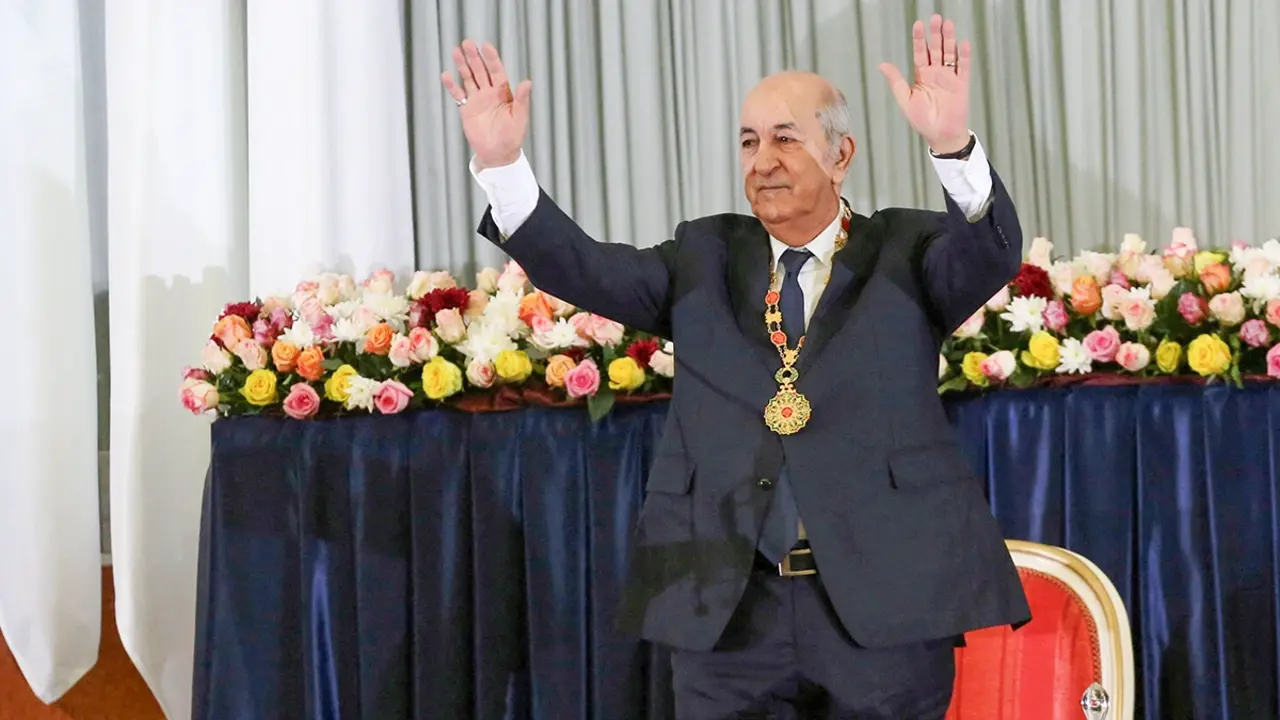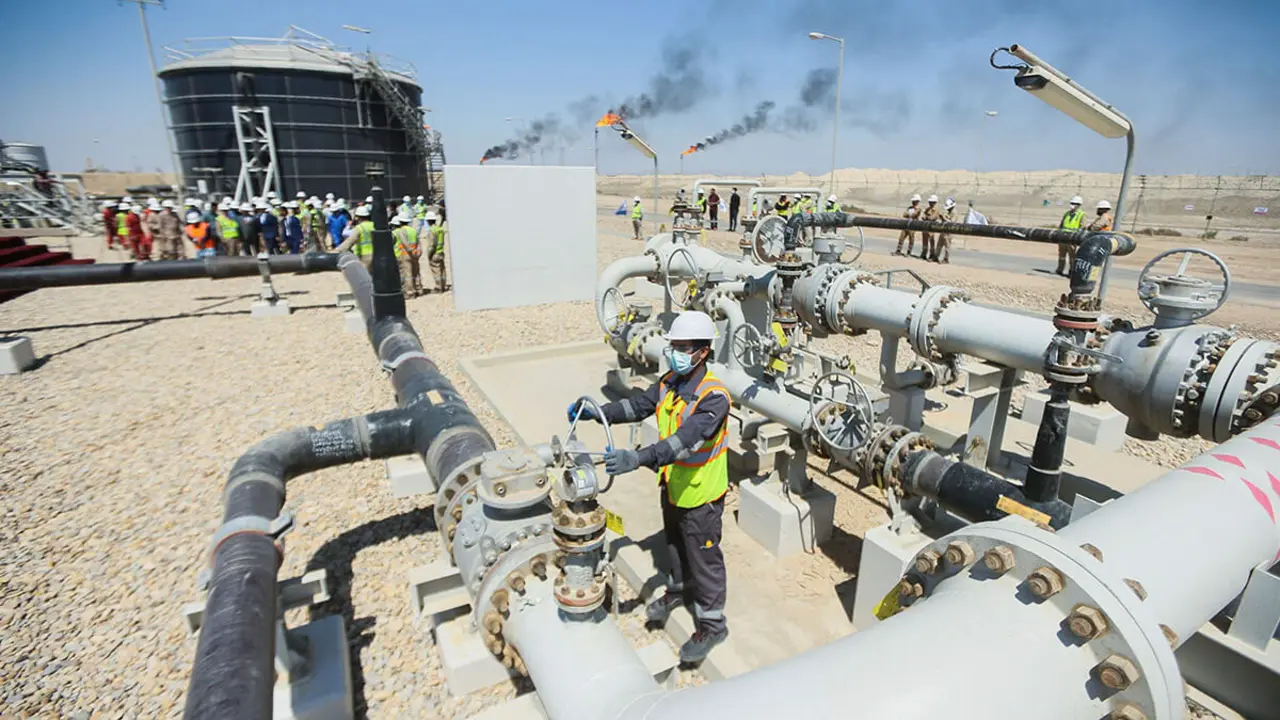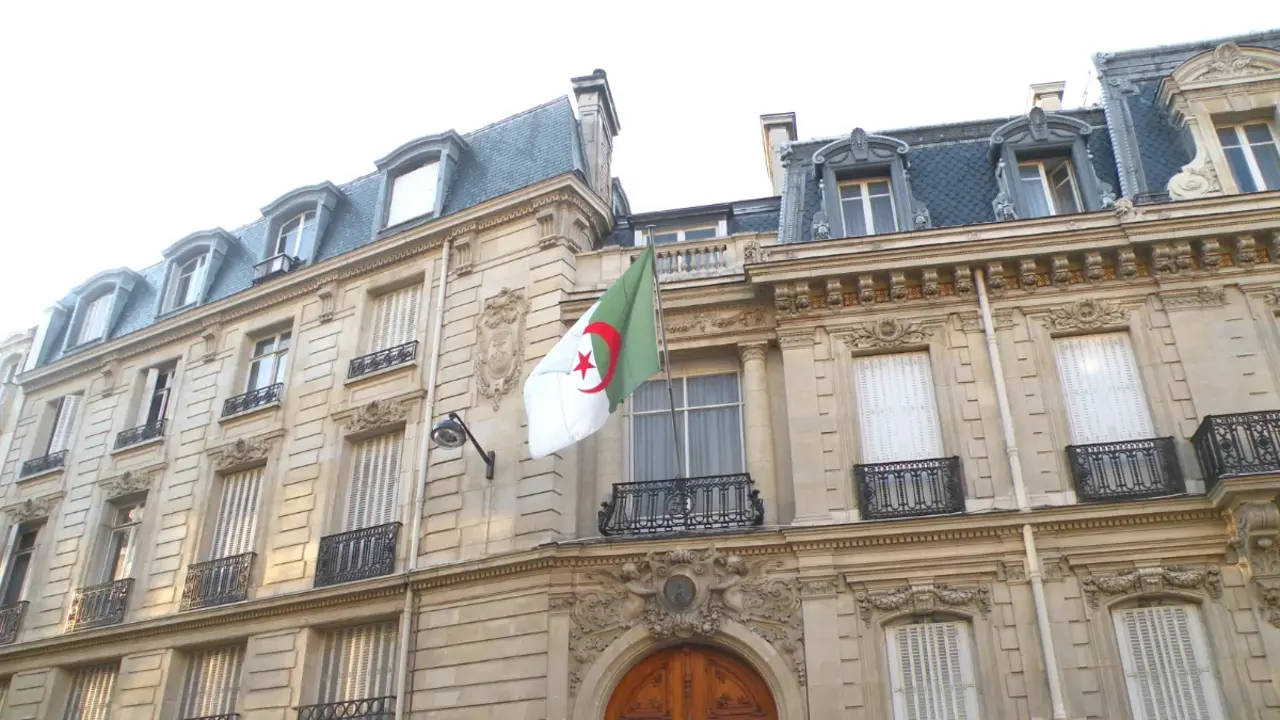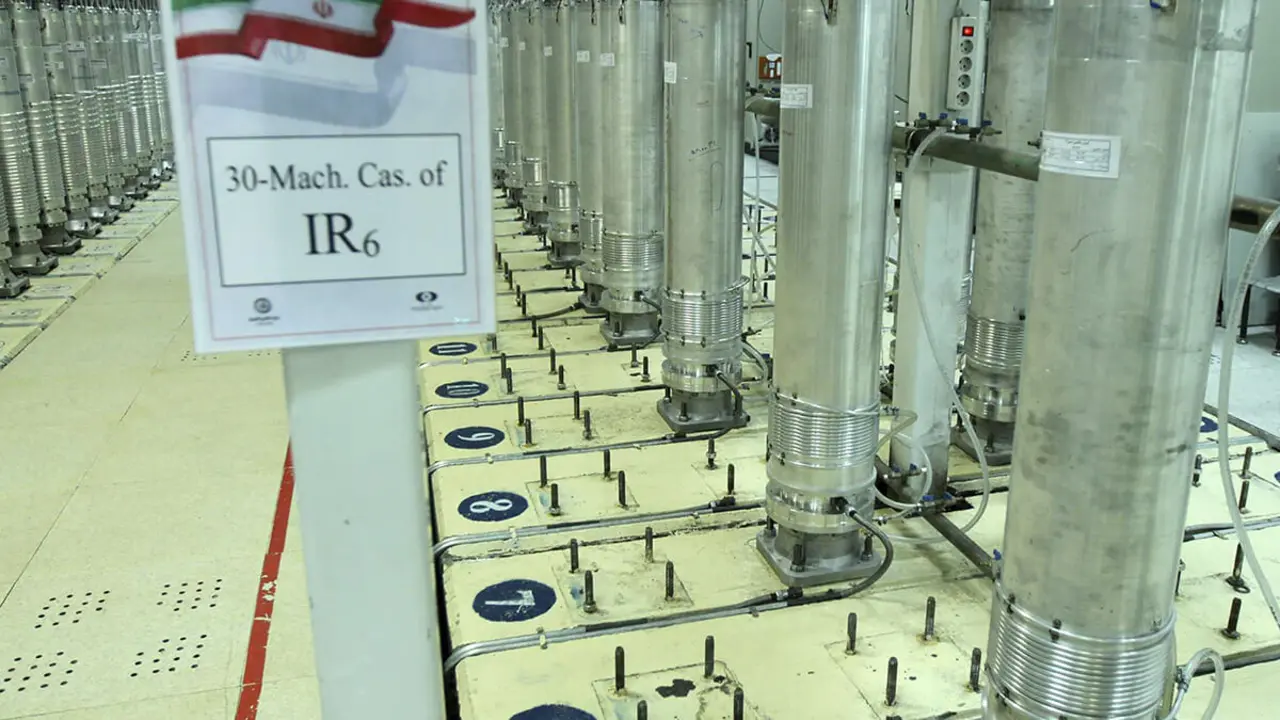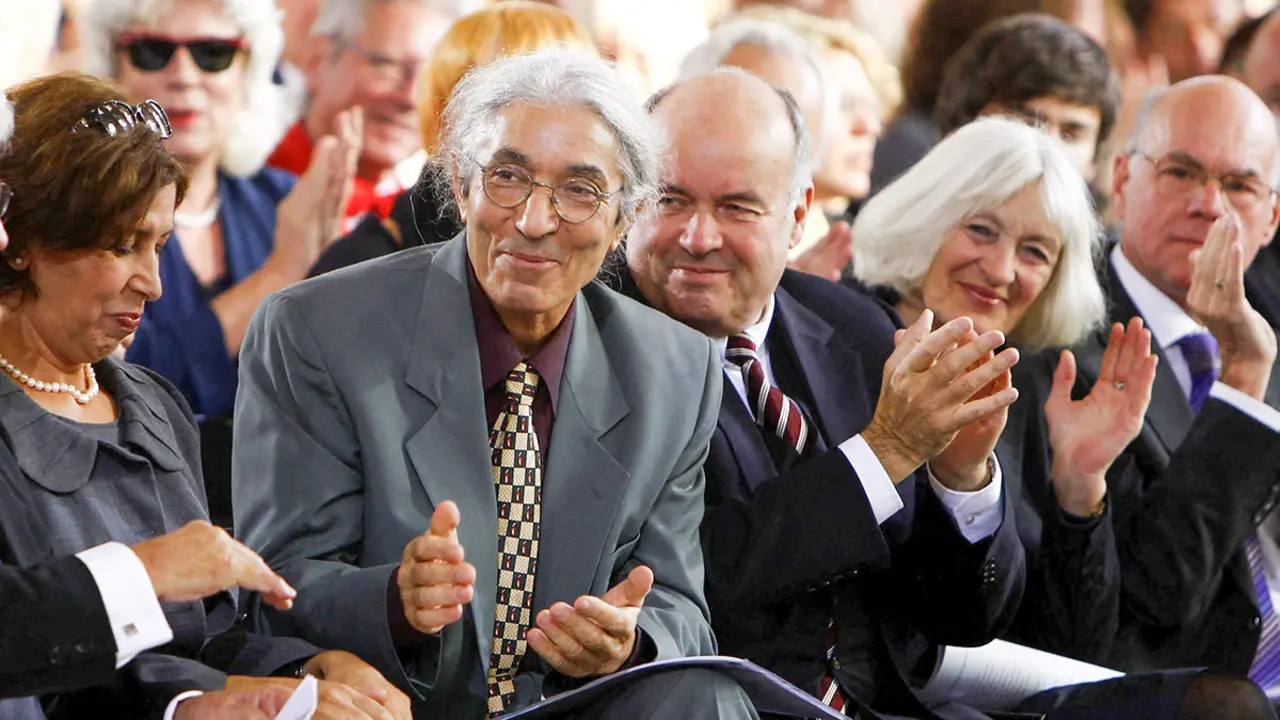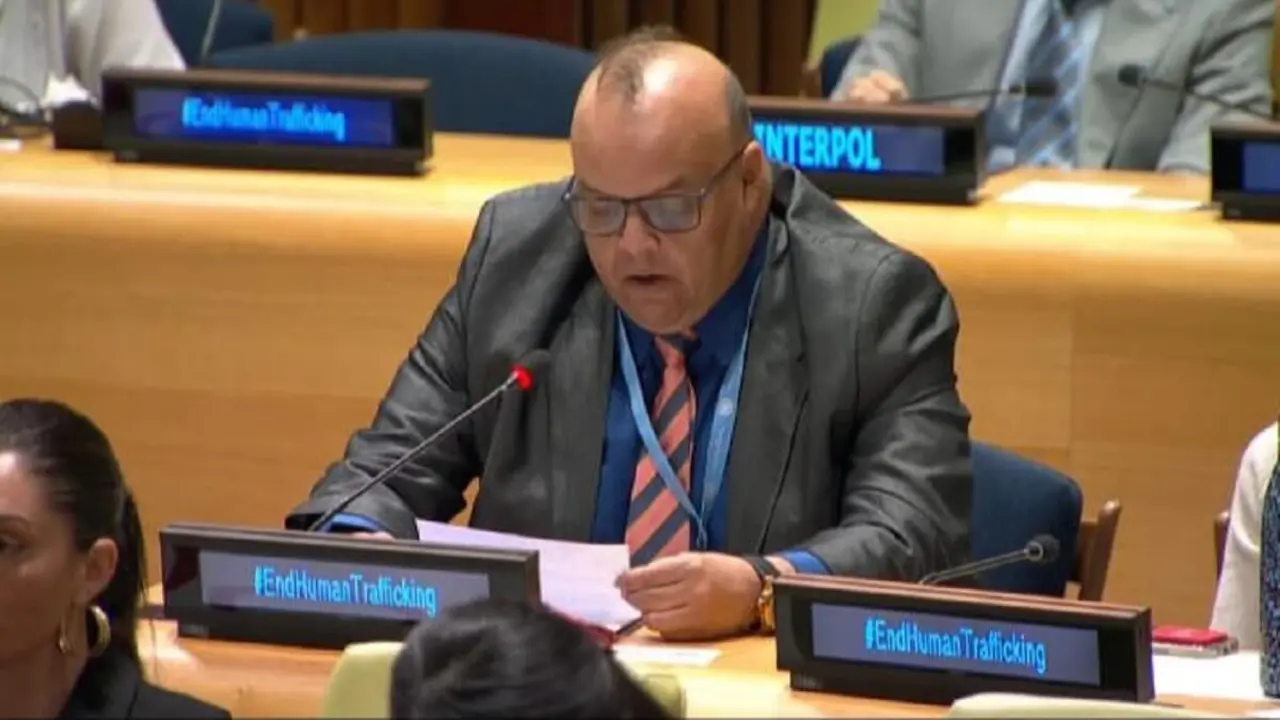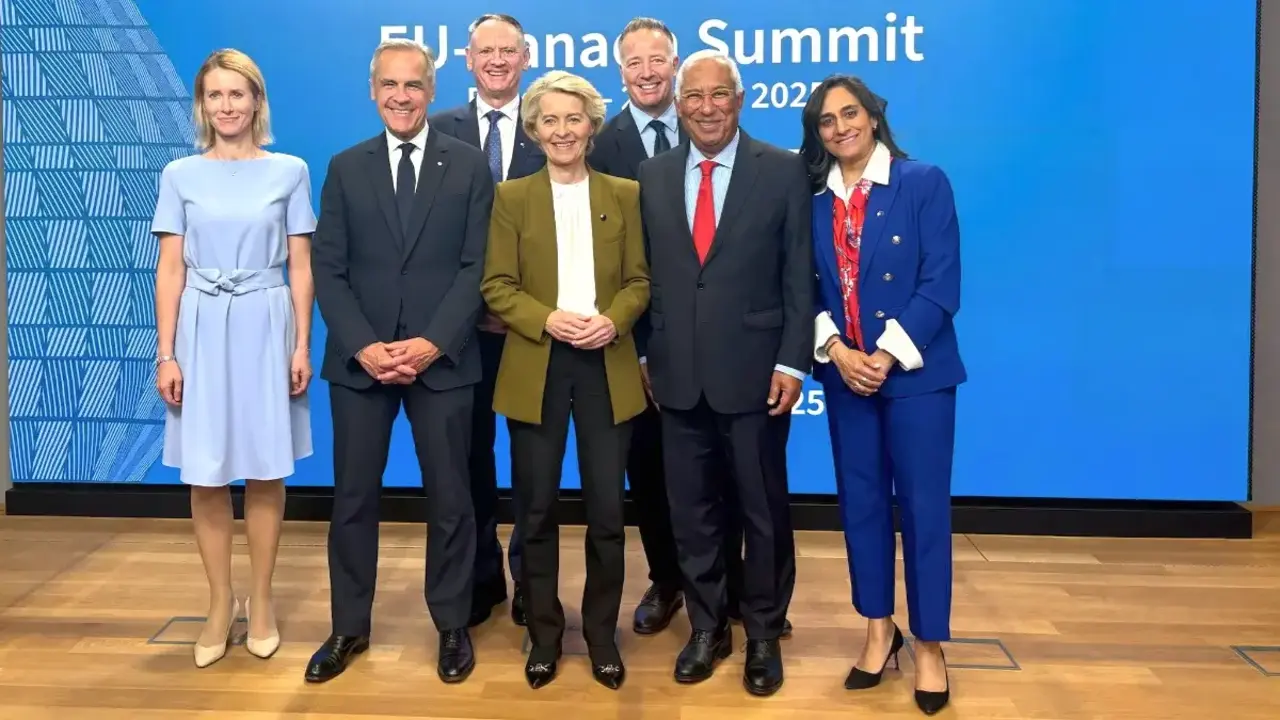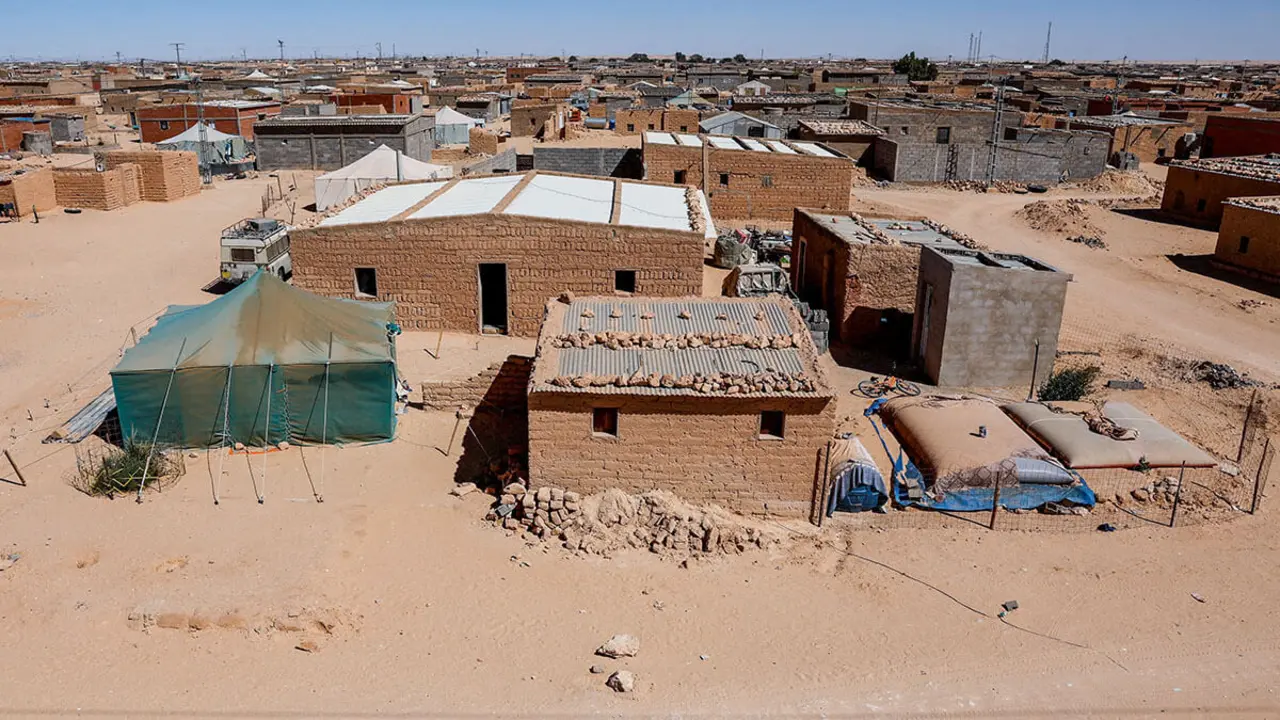Algeria condemns journalist Abdou Semmar to death sentence

The Dar El Beïda court in Algiers has sentenced journalist Mohamed Abdelkader Semmar - alias Abdou Semmar - to death for revealing secret information about the state-owned oil company Sonatrach, an act it describes as "high treason". Semmar is the founder of the independent media Algérie Part, known for its opposition to the government of Abdelmadjid Tebboune. The sentence comes after the journalist denounced corruption within the oil company.
Algiers has issued an international arrest warrant for Semmar, who has been in exile in France since 2019. A former Sonatrach executive, Lamine Ouis, has also been sentenced to 10 years in prison for sharing "false and confidential information" with Semmar.
⚖ ?? | La chambre criminelle de première instance de la justice algérienne rend un verdict sans précédent dans l'Histoire statuant sur l'exécution (peine capitale) du journaliste M.A Semmar (Algérie Part) pour "espionnage" & fuite d'informations "confidentielle" de la SONATRACH. pic.twitter.com/NEjbcVTBDx
— Arab Intelligence - المخابرات العربية (@Arab_Intel) October 22, 2022
The Algerian journalist has also reported in a video that he has received threats because of his appearances in the Israeli media i24 News. According to Semmar, his detractors accuse him of having sought political asylum in Israel or of working for the Mossad. However, he was keen to point out that, as a journalist, he has "the right and the duty to express himself in all media".
"I take every opportunity to talk about the situation in Algeria, whether it is through Hezbollah, Iran, Sudan, Saudi Arabia, the United States or Israel," says Semmar, who assures that he "will not give media space to those who manipulate information to serve the Algerian regime or denigrate the country". "I have only one objective: to provide reliable and objective information," he adds.
le tribunal criminel de première instance de Dar El Beida #Alger a condamné le youtubeur, Abdou Semmar
— Jean-Louis David (@JeanLou40553504) October 18, 2022
"à la peine capitale" à cause des révélations détaillées sur les divers scandales secrets de la direction générale de Sonatrach@afpfr @AP @CNN @lemondefr pic.twitter.com/hfKWr95mel
Semmar also took the opportunity to address the Algerian government directly, asking it to allow him to return to his country. "This way, you won't need to speak on foreign channels," he said. "Respect the freedom of the press and it will be foreign journalists who will come and speak to our media," he added.

Algeria is ranked 134th out of 180 countries in the world press freedom index published by Reporters Without Borders (RSF). RSF warns that the media situation "has never before deteriorated so much", highlighting the pressure on independent media and the arrests of journalists. RSF also denounces the increasingly "restrictive" legal framework.
A criminal code reform adopted in 2020 provides for prison sentences of one to three years for disseminating "false news" and "hate speech" aimed at harming "national security and order" as well as "state security and national unity". "These laws are routinely used to prosecute and convict journalists. In this environment, censorship and self-censorship flourish," RSF said.

The repression and censorship of journalists in Algeria has also recently been denounced by the Committee to Protect Journalists (CPJ) and the human rights group Tahrir Institute for Middle East Policy (TIMEP). The two organisations denounced the deterioration of press freedom in the North African country, particularly since the arrival in power of President Tebboune in December 2019, in a joint report presented to the United Nations Human Rights Council.

